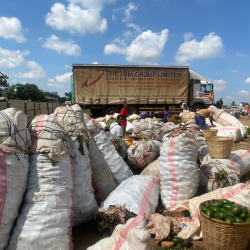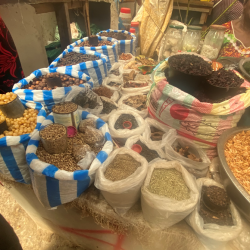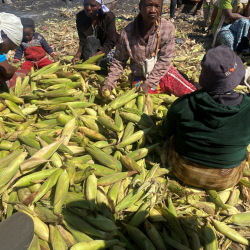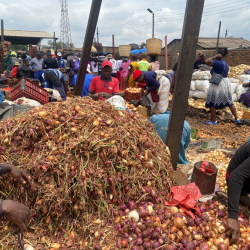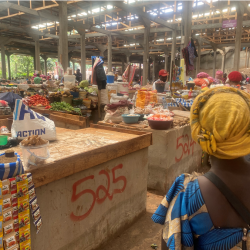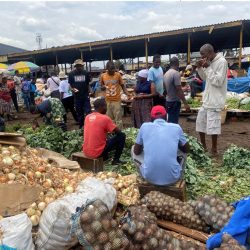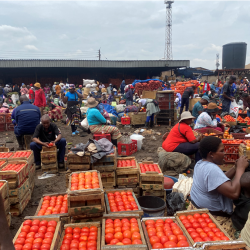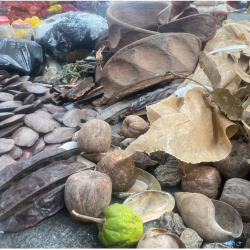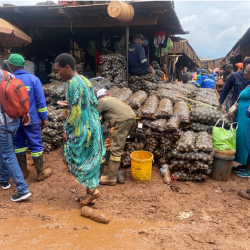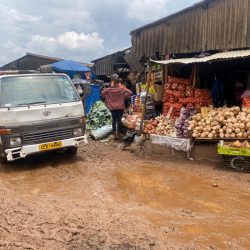Promoting low input, climate conscious food systems through territorial markets
If agroecology is about rebuilding soil health, enhancing biodiversity and reducing dependence on costly external inputs, then African territorial markets are definitely part of agroecology. Territorial markets also show how agroecology is part of indigenous food systems that have sustained communities for generations. By prioritizing food diversity as opposed to narrow supply chains associated with Read more about Promoting low input, climate conscious food systems through territorial markets[…]

